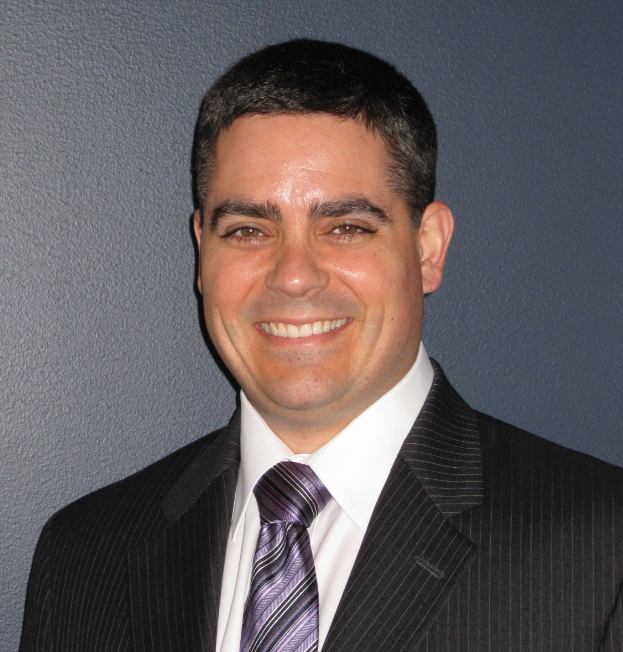Description
Module III: Neurology explores the neuropsychological component of Anti-Aging and Functional Medicine, reviewing new treatment modalities for multiple sclerosis, ALS, Parkinson’s disease, and other neurological and psychiatric diseases. Instructors will discuss neurotransmitter dysfunction and its role in psychiatric illnesses and addiction. Lecturers will also evaluate therapies that help prevent and treat cognitive decline, including sleep hygiene and healthy brain function.
Register
Learning Objectives
- Describe the energy producing ability of the mitochondria & their role in revitalizing neurological tissue
- Recognize common neurotransmitter imbalances & how to diagnose them
- Discuss new treatment modalities for multiple sclerosis, stroke recovery, Parkinson's disease, ALS & Alzheimer's disease
- Recognize the parameters within the Functional Medicine Matrix that would indicate the need for attention to neurotransmitter function & identify common antecedents, triggers & mediators when an imbalance or dysfunction is suspected
- Identify basic neurochemistry as it relates to mood & cognition
- Outline some of the many interactions of neurotransmitters with hormonal function & dysfunction
- Explore cutting edge modalities in neurotransmitter and other advanced biomarker and genetic testing and understanding their functional roles in behavior and neurological conditions
- Discuss advanced neuroendocrine immune testing methods to identify early treatment intervention, and order of treatment to optimize neurodevelopmental and neurocognitive outcome in the complicated patient
- Identify clinical tools underlying inflammatory conditions which can result in misdiagnosis and treatment of psychiatric and neurological disorders
- Review the basics of neuroimaging in identifying its impact on affective mood disorders and predicting potential psychopathology in the high risk clinical patient
- Differentiation of ADD as a genetic disorder and the impact of additional neurocognitive variables such as brain injury, sports concussion, sleep deprivation and sleep disordered breathing/sleep apnea.
- Identification of the different symptom clusters that emerge with specific developmental time periods (early elementary, junior high, high school, college, adult, aging) resulting in specific emotional and neurocognitive concerns.
- Results of the non-medication treatment programs seen on pre and post neuropsychological evaluation
Faculty
Event Schedule
Coming Soon
Register Today!
DYS
HRS
MIN
SEC
TBD
Save on your airfare by flying with Delta Airlines. Mention Code NMSTM and receive anywhere from a 3%-10% discount depending on class.



















